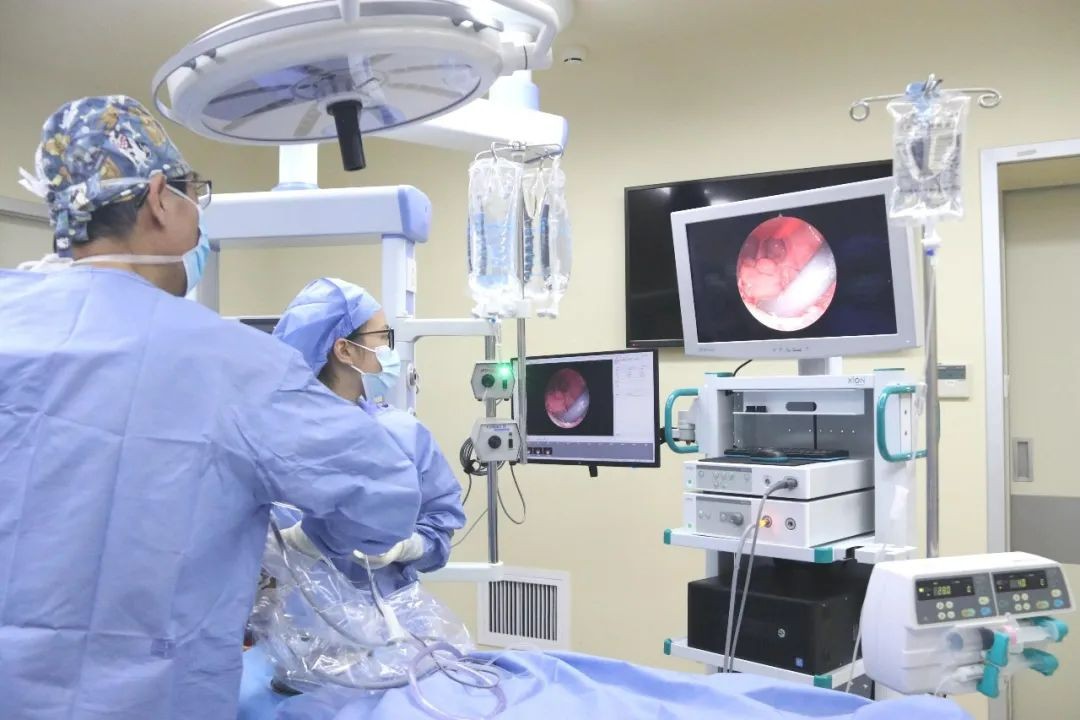Can adenoid surgery be performed without "general anesthesia"?
The word "surgery" always carries anxiety,
especially for children, leaving parents feeling as if facing a major crisis.
Among these, "general anesthesia" is perceived as the greatest threat,
as if it were a significant barrier to a child's intellectual development.

Is "general anesthesia" truly linked to mental decline or sluggishness?
Does "general anesthesia" pose greater harm?
Why is general anesthesia necessary for pediatric adenoid surgery?
This article addresses all your questions about anesthesia.
What does "general anesthesia" entail?
General anesthesia involves administering anesthetic agents via intravenous injection, inhalation, intramuscular injection, or rectal infusion to temporarily suppress the central nervous system.
It manifests as:
· "Numbing" pain perception – inability to feel pain (fundamental surgical requirement);
· "Numbing" consciousness – loss of awareness (deeper than sleep);
· "Numbing" memory – inability to recall events during anesthesia;
· "Numbing" muscle activity – muscle relaxation to prevent involuntary movements.
Reviving a patient from anesthesia resembles gradually restoring paused consciousness and perception.
What are we truly worried about with "general anesthesia"?
While anesthesia is essential for safe surgery, it remains unfamiliar and anxiety-inducing for those unfamiliar with it.
Concern 1: Fatal risks from general anesthesia?
All surgeries carry risks, including anesthesia, but incidents are rare. Preoperative evaluations by anesthesiologists assess patient conditions and surgical complexity to ensure safety and success.
Concern 2: General anesthesia causes intellectual decline?
While anesthesia temporarily alters perception and control, effects are reversible post-surgery. Prolonged intelligence impairment is absent unless repeated anesthesia occurs within short intervals.
Concern 3: Memory impairment from anesthesia?
Human memory forms via the hippocampus. Most general anesthetics act on the central nervous system without affecting the hippocampus. Anesthesia only eliminates intraoperative memory, preserving long-term memory and cognitive function.
Why is general anesthesia preferred for adenoid surgery?
1. Reduces surgical fear – Helps children remain comfortably unconscious, minimizing distress and protecting psychological development.
2. Facilitates surgical procedure – Local anesthesia makes maintaining head position difficult, risking complications. General anesthesia ensures relaxation, optimal exposure of surgical sites, and smoother operations.
3. Enhances comfort – Adenoids in the nasopharynx require deep sedation to prevent gag reflexes (e.g., bleeding, coughing) from throat stimulation. Pain-free procedures benefit both surgeons and families.
4. Ensures safety – Immature pediatric cardiopulmonary function necessitates continuous monitoring during anesthesia to manage emergencies and safeguard vital signs.
Still worried? Ren Shu's Comfort-First Protocol
● Personalized anesthesia plans based on preoperative evaluations, pediatric physiology, and pain levels, ensuring rapid recovery and reduced family anxiety.
● "Balloon" inhalation induction for gentle sedation followed by IV anesthesia to minimize fear.
● Dual senior anesthesiologists monitor every procedure to maximize safety.
● Imported original research-grade anesthetics ensure stability and procedural quality.
● Preemptive pain management and postoperative comfort protocols, with continuous pain control post-discharge.
Ren Shu Medical Team Statement
Modern advancements in anesthetic agents and intraoperative monitoring confirm that single, short-term exposures to general anesthesia in children do not adversely affect behavior or learning abilities. Parents should not be overly concerned!
